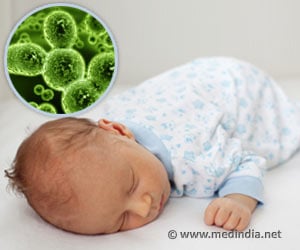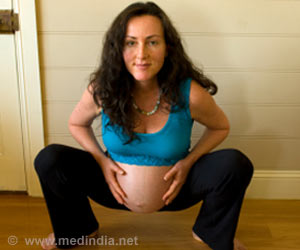The risk of preterm birth could be reduced to half for a specific group of super high-risk twin pregnancies, found an international research involving the University of Adelaide.

The study, involving researchers from the University of Adelaide's Robinson Research Institute, reviewed all of the previous large studies conducted into the use of progestogen hormones, which have been trialed over the past 10 years to help prevent preterm birth in twins. In total, 13 studies covering more than 3700 women and 7500 babies were reviewed.
The results, published in BJOG: An International Journal of Obstetrics and Gynaecology, show that an important discovery had been missed in each of those previous studies.
"Until now the research has demonstrated that there has been no benefit from the use of progestogen hormones in preventing preterm birth for women with a twin pregnancy," says co-author Professor Ben Mol from the University's Robinson Research Institute.
"Thanks to this international review, we can now see that there is a very specific benefit to one group of high-risk pregnancies: women who have a short cervix, who are pregnant with twins."
"Twin pregnancies are very much at risk of preterm birth, with half of these pregnancies delivering before 37 weeks' gestation." For women with a short cervix who are also pregnant with twins, this is what I would call a 'super high risk' category for adverse outcomes, either for infant death or for serious health problems after birth.
Advertisement
Professor Mol says preterm birth remains the biggest problem in modern Western obstetrics.
Advertisement
"This work also highlights the need for further collaboration between researchers and countries."
Source-Eurekalert











